The lack of specificity in the Covid-19 Omnibus (Emergency Measures) Bill raises critical questions on which the Bill is mute — but which need to be answered.
To recap: The Bill allows the Secretary who administers the Public Health and Well Being Act 2008 to appoint any public servant as an “authorised officer”.
It also provides for the Secretary to appoint as an authorised officer “a person the Secretary considers appropriate for appointment based on the person’s skills, attributes, experience or otherwise”.
It further states:
This will expand the persons who may be appointed as authorised officers. It is intended to include additional public sector employees from Victoria as well as such employees from other Australian jurisdictions, and individuals with connection to particular communities to ensure that certain activities, such as contact tracing, can be conducted in a culturally safe manner.
The lack of specificity as to who can be appointed as an “authorised officer” is genuinely concerning as the Secretary can appoint absolutely anyone given the words “or otherwise” are so broad and non-specific. Anyone can be appointed.
Yesterday morning on Neil Mitchell’s 3AW programme the Victorian Chief of Police, Shane Patton, reportedly said that he wanted more former police as “authorised officers” but nowhere in the Bill is this stated.
It sounds more like deflection rather than an explanation as to the need for the Bill.
In any case the CoP should not have to give an explanation for this egregious Bill when not one has not been articulated by any state government minister.
But even if CoP Patton wants more retired officers appointed as “authorised officers” a mechanism already exists.
On the VicPol website it states:
Former Victoria Police officers wanting to return to the organisation are invited to register with the PRS Board prior to being considered for re-employment with Victoria Police.
If you are a former police officer of Victoria Police and are interested in applying to return in a policing role, then you must register with the Police Registration and Services (PRS) Board). Upon registration, the Chief Commissioner or their authorised delegate will consider the advice of the PRS Board in determining your appointment.
This process could quickly be streamlined under existing State of Emergency or State of Disaster declarations.
Clearly the Omnibus Bill is not necessary to recruit former police. It is unnecessary and unjustified given Victoria already has 21,500 police including 3300 civilians.
And why do we need more ex-police or others as authorised officers given that yesterday the infection rate fell to just 11 new cases and restrictions are due to be eased, in theory, over coming weeks?
So it is hard to see why we need more ex-police officers let alone a gaggle of other “authorised officers”.
Critically, the appointment of authorised officers by the Secretary raises serious concerns about public safety and administration of these “authorised officers”
The first question that raises its head is under whose aegis these people would be operating?
The Secretary has been given the power to appoint people of almost any ilk.
Under the Bill the Secretary appoints authorised officers, but “Section 200(1) of the Public Health and Wellbeing Act 2008 sets out the emergency powers that may be given to authorised officers by the Chief Health Officer during a declared state of emergency” their power would seem to stem from the CHO.
But would the “authorised officers” be employed by the Secretary, if they are already public servants would their department pay, or would they be volunteers? Would they report to the Secretary, their department head or to the CHO, none of whom have any experience in policing?
The Bill is silent.
And if they are not being paid by a Department, who will be paying these new “authorised officers” who are not public servants? Who would be responsible for WorkCover premiums, who would be responsible for OHS?
And, this being in Victoria, who would be responsible for their “social inclusion” training?
Again, the Bill is silent on these issues.
If these newly-minted “authorised officers” are not paid by the Secretary or a Department will they be paid by their current employers?
Could you imagine the righteous anger if a union official or the local council by-laws officer was made an “authorised officer” and was given extraordinary powers:
- to detain any person or group of persons in an emergency area for the period reasonably necessary to eliminate or reduce a serious risk to public health;
- to restrict the movement of any person or group of persons within an emergency area;
- to prevent any person or group of persons from entering an emergency area;
- to give any other direction that the authorised officer considers is reasonably necessary to protect public health.
Yet that is entirely possible.
Under this Bill, no-one knows who these “authorised officers” would report to. Their employer; the Secretary; the CHO; or some other authority?
The Bill is silent.
Then there is the issue of training. Who would train these people before they exercised their sweeping powers of arrest and detention? What sort of equipment would they be issued with to exercise their “emergency powers” as delegated by the CHO?
There is no mention of whether these people would be uniformed; if they would have to carry identification; if they would have to identify themselves to people arrested and detained?
It could give rise to a level of anonymity, which is important of they exceed their powers, or use excessive for in exercising their power.
And it is worthwhile recalling these officers, under the proposals in the Bill, would be able to co-opt citizens to assist them in their duties who would also be unidentifiable.
The potential for abuse of civil rights and liberties under these proposals is extreme.
These potentially anonymous officers could be issuing fines, detaining individuals or groups, preventing freedom of movement all without training or accountability.
The Bill is so sweeping and lacking in any specificity that this is entirely possible.
The rights and liberties of citizens would be trammelled if this Bill were to pass.
It is unjust, unnecessary, and an attack on democracy.
It should be rejected out of hand by the Legislative Council when it is considered next month.
Got something to add? Join the discussion and comment below.
Get 10 issues for just $10
Subscribe to The Spectator Australia today for the next 10 magazine issues, plus full online access, for just $10.

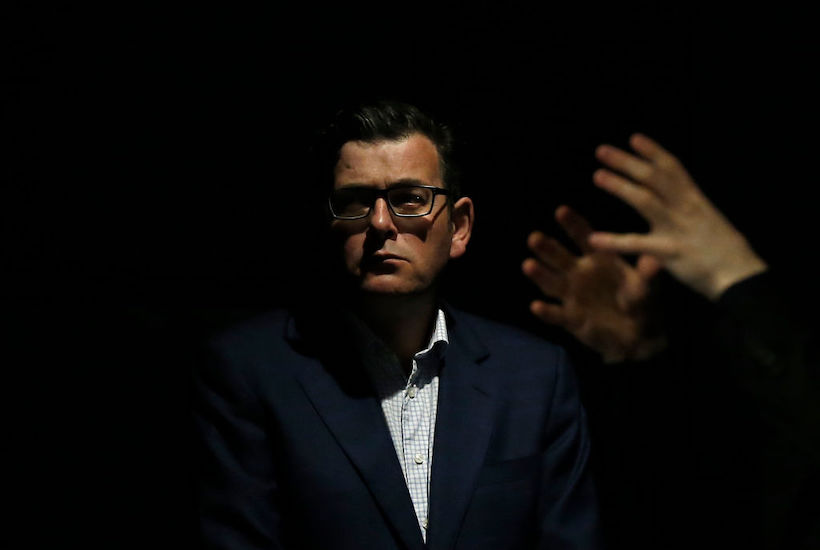
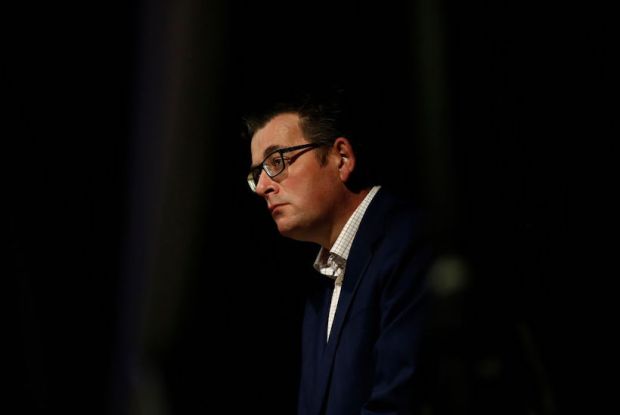
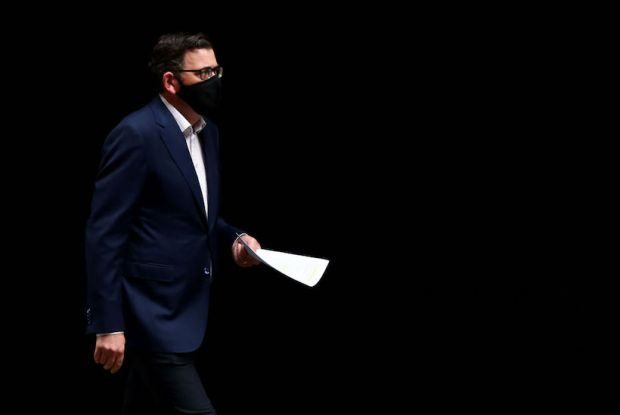
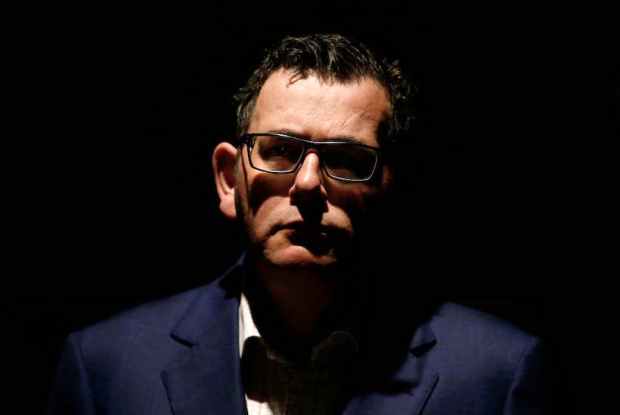

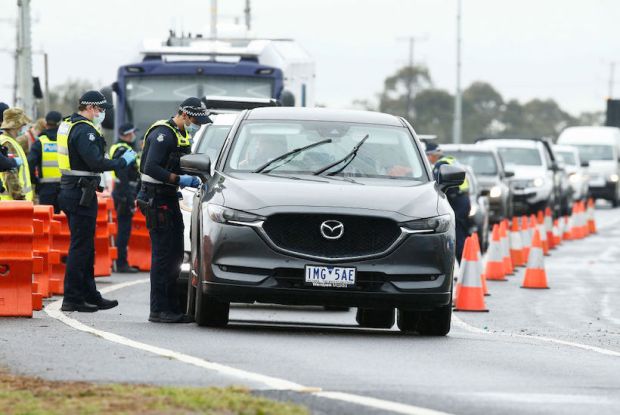
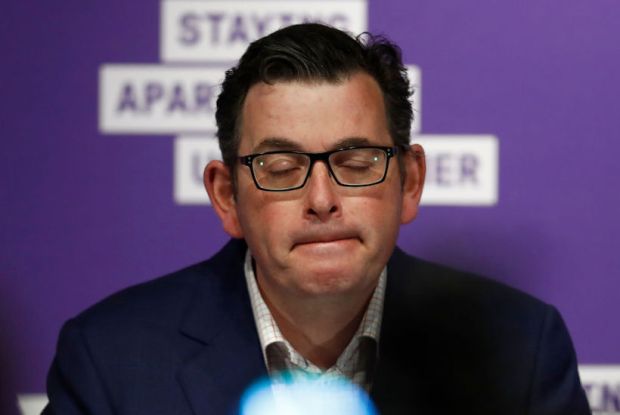


















Comments
Don't miss out
Join the conversation with other Spectator Australia readers. Subscribe to leave a comment.
SUBSCRIBEAlready a subscriber? Log in